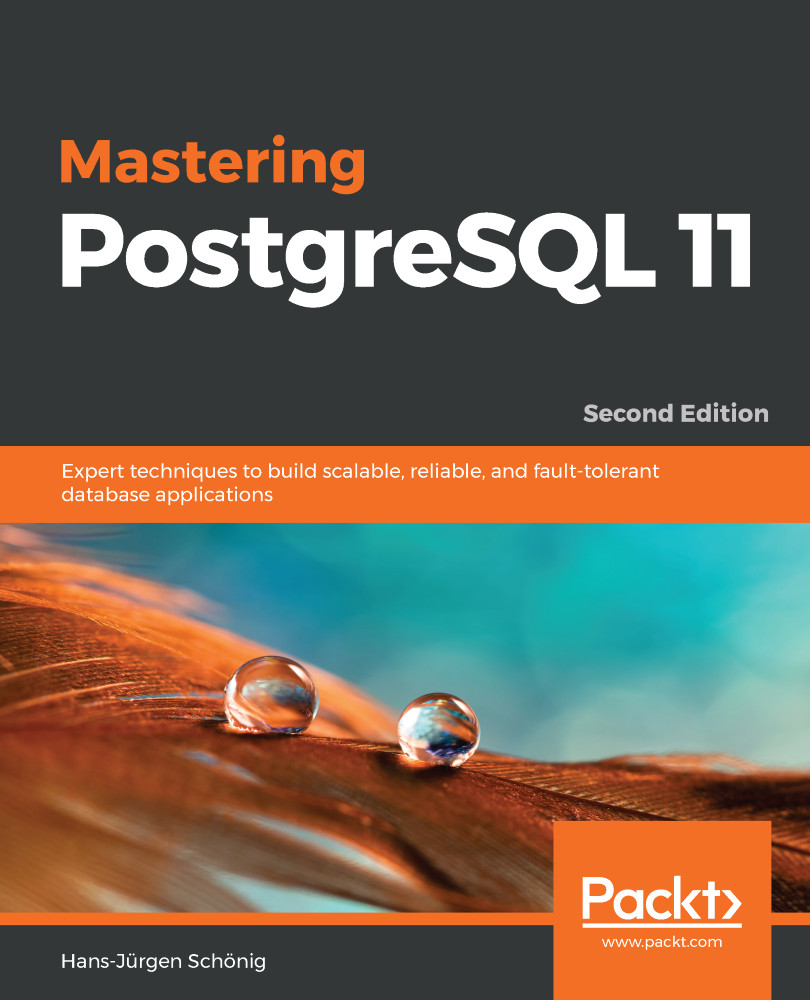In Chapter 12, Troubleshooting PostgreSQL, we saw how to approach the most common issues related to PostgreSQL troubleshooting. The important thing is to have a systematic approach to tracking down problems, which is exactly what is provided here.
The final chapter of this book is about moving from other databases to PostgreSQL. Many of you might still be suffering from the pain caused by commercial database license costs. I want to give all of those users out there a way out and show you how data can be moved from some proprietary system to PostgreSQL. Moving to PostgreSQL not only makes sense from a financial point of view, but also makes sense if you are looking for more advanced features and more flexibility. PostgreSQL has so much to offer, and at the time of writing, new features are being added daily. The same applies to the number of tools that...


